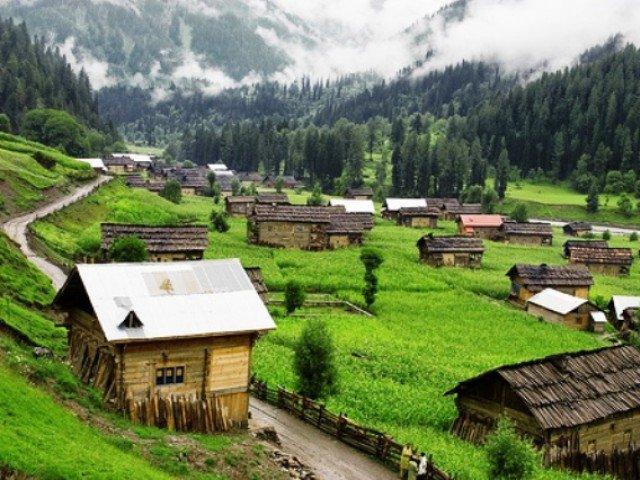The former president of Azad Jammu and Kashmira and the main diplomat Sardar Masood Khan warned that the intensifier conflict between Iran and Israel could have serious consequences for the safety, stability and regional position of Pakistan.
In a series of interviews, he said that a prolonged war could cause an influx of Iranian refugees in Pakistan, comparable to the consequences of the Afghan conflict.
He warned that Pakistan’s already stretched resources would be tightened if hostilities in the Middle East persist.
If the war extends, there is a great possibility of a massive exodus of Iranian refugees to Pakistan, “Khan said.” Such scenario would create economic, political and social pressure. “
Khan also warned that instability in the western border could provide an entrance door for infiltration by antistatal groups allegedly backed by hostile foreign powers, especially India.
He called outfits such as the Baloch Liberation Army (Bla) and the Baluchistan Liberation Front (BLF) as potential threats.
“A weakened border with Iran could be exploited by representatives who seek to destabilize Pakistan,” Khan said.
Discussing Israel’s strategic objectives, Khan said that Tel Aviv had already attacked Iranian nuclear infrastructure in Fordow, Natanz, Isfahan and other critical sites. According to Khan, Israel claims to have neutralized almost 40% of Iran’s air defense network.
In addition, he claimed that Israel is pushing the United States to intervene militarily or to grant the approval of the limited use of tactical nuclear weapons.
“They are proposing underground nuclear attacks, which argue that they would limit the consequences,” Khan explained. “But experts believe that thought is dangerously naive.”
In international reactions, Khan said that, although Russia and China have expressed their support for Iran, Tehran has not formally sought military assistance.
He added that the Russian president, Vladimir Putin, offered media, a gesture welcome by Iran but fired by Israel.
Khan also highlighted the diplomatic efforts in progress, noting that the United States has allowed a 15 -day window to decide its course.
“This has opened space for the diplomacy of the back channel,” he said. “British Foreign Secretary has been active in Washington, and even some of President Trump’s advisors are asking for restriction.”
Despite diplomatic movements, Khan warned that US military deployments in Europe, the Middle East and in the preparation of Diego García’s signal for climbing.
“The world is at a dangerous crossroads,” he concluded. “We must prepare for all the results, even when we hope that diplomacy prevails.”
Meanwhile, Iran has condemned US air attacks in its nuclear facilities as a serious violation of international law, warning of dangerous consequences and promising to defend their sovereignty by all means.
Read more: Tehran promises self -defense with ‘All Force’ after three nuclear facilities smells like
The attacks, carried out on June 21 and announced by the president of the United States, Donald Trump, attacked Iran’s main nuclear sites in Fordow, Natanz and Isfahan.
Trump declared that the mission was a success and warned Tehran of more attacks if it represents or rejects peace.
The attack, launched in coordination with Israel in the midst of his military attacks on the ongoing military attacks, marked a great escalation in regional tensions.
Trump, flanked by senior US officials, said the attacks aimed to destroy Iran’s nuclear capacity and prevent him from acquiring a nuclear weapon. He later said that all American airplanes had left the Iranian airspace safely.
Iran denounced strikes as a criminal aggression and asked the United Nations and the OIEA to hold Washington.
Iranian officials accused both the United States and Israel of undermining diplomacy, and criticized Western nations for demanding that they will return to the conversations that he says he never left.
The global reaction was mixed. Israel praised Trump’s decision as historical, while the UN Secretary General, António Guterres, described a dangerous escalation that threatens global security.
The EU, the United Kingdom and several other nations urged the decallation and a return to diplomacy. Countries such as Venezuela, Cuba and Qatar condemned the action of the United States, warning of regional instability.




